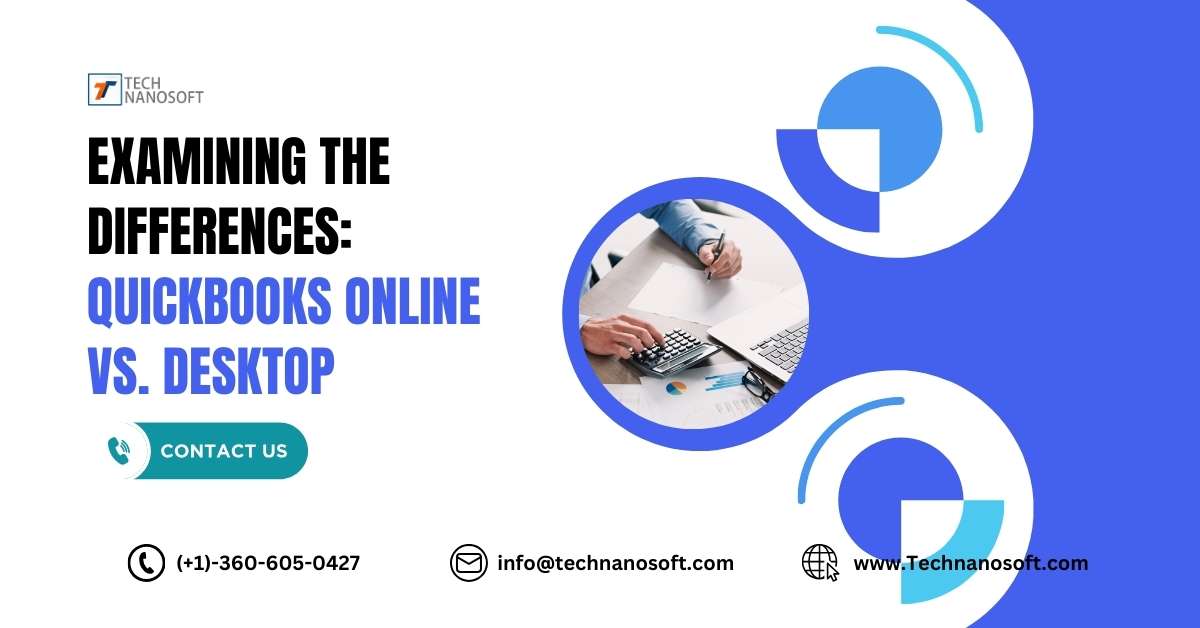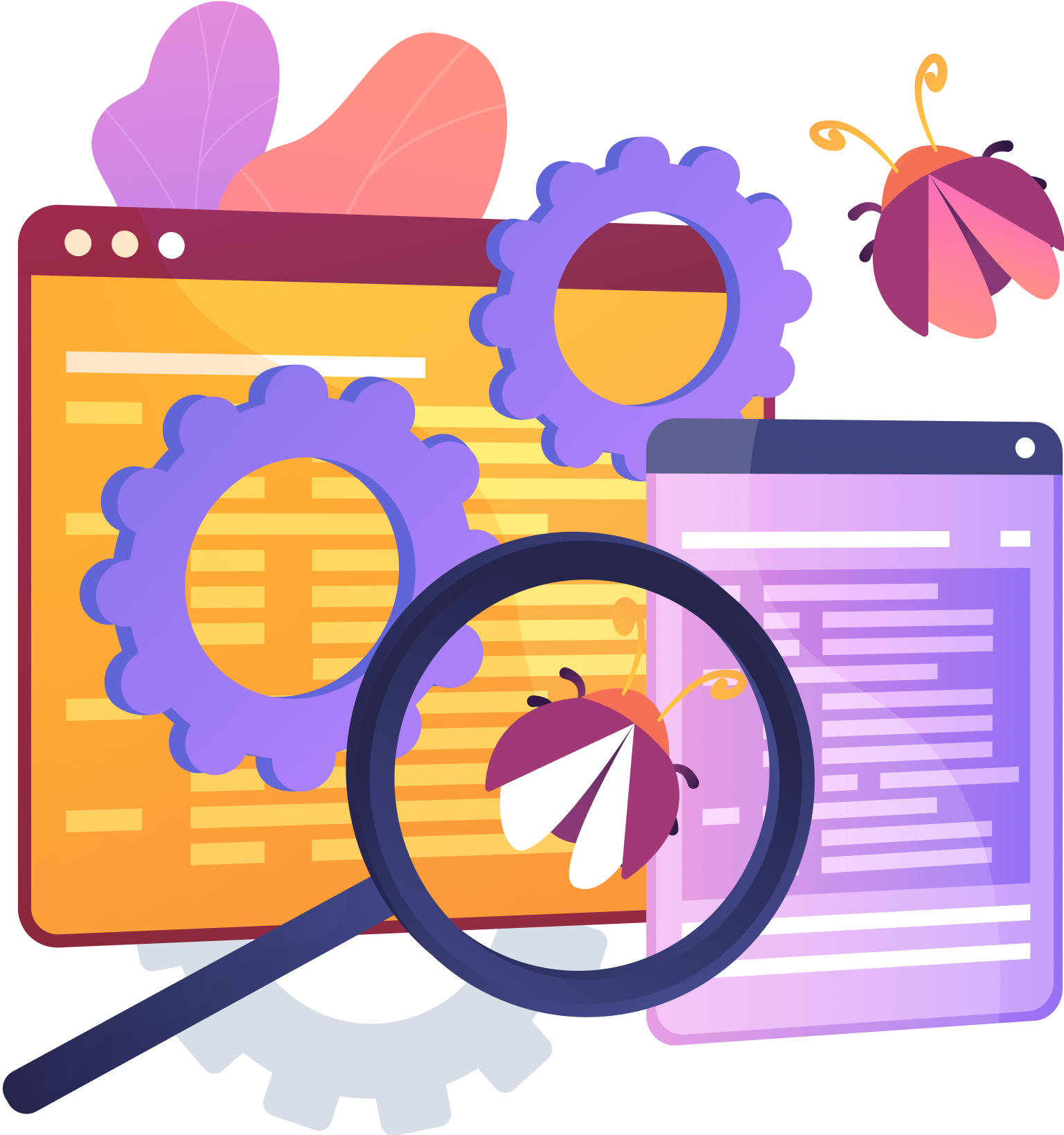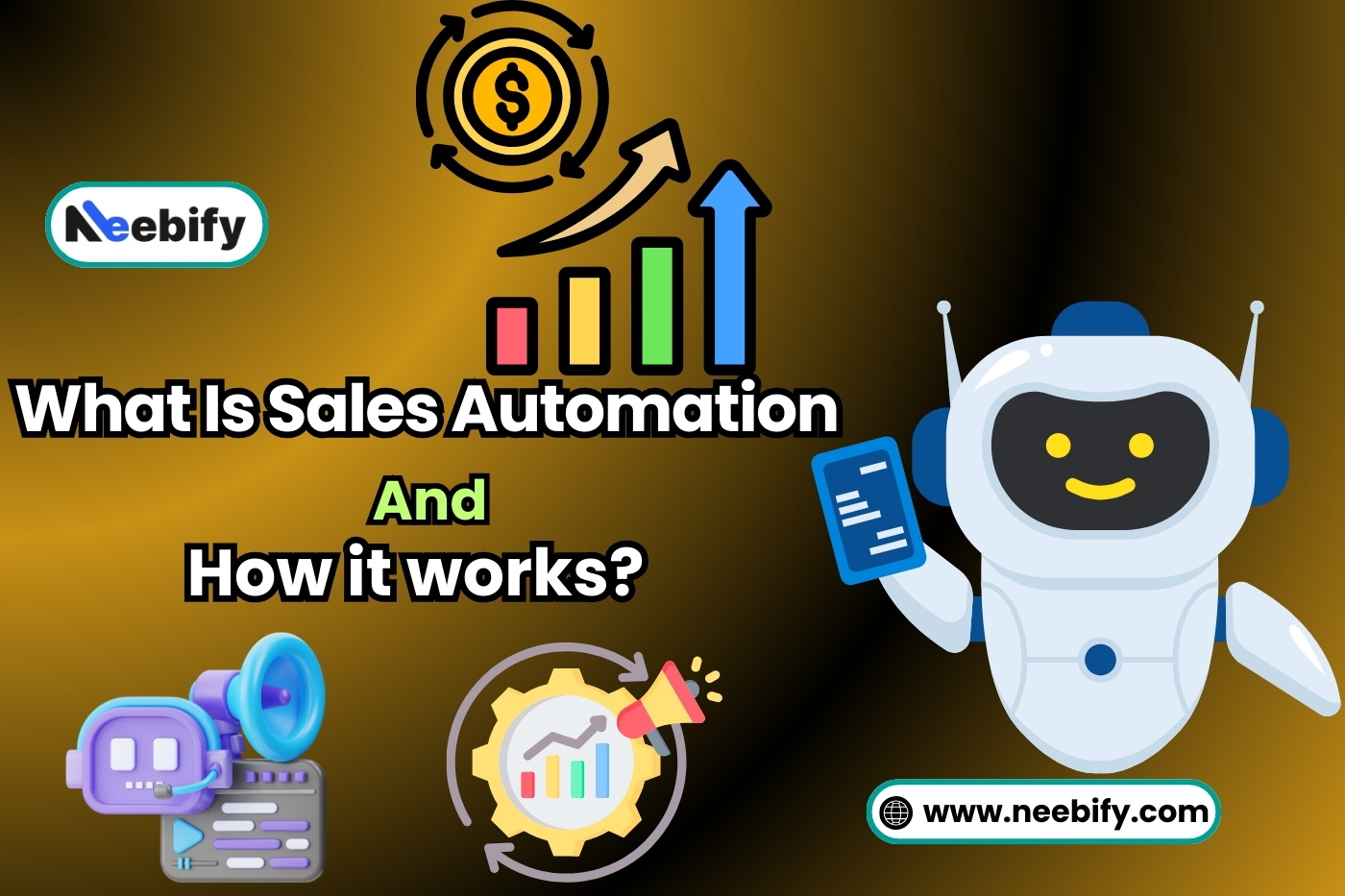Examining the Differences: QuickBooks Online vs. Desktop

QuickBooks Online and QuickBooks Desktop stand strong in the changing world of accounting software. Choosing the correct accounting system becomes increasingly important as organizations evolve. This detailed guide will compare features, price, and user reviews to help you understand the fundamental differences between QuickBooks Online and QuickBooks Desktop. In addition, we'll address the critical issue of whether QuickBooks Desktop will be phased out in 2023. In addition, we'll see into how Katana can effortlessly replace gaps in QuickBooks Online.
QuickBooks Online vs. Desktop
QuickBooks Online and QuickBooks Desktop do the same thing, but in different ways. QuickBooks Online is cloud-based, letting users to access their accounts from anywhere, whereas QuickBooks Desktop is traditional software that must be installed on a local computer. The major distinction is one of accessibility and convenience.
QuickBooks Online vs. Desktop Comparison
QuickBooks Online and QuickBooks Desktop are two accounting software staples that cater to different company needs. QuickBooks Online, a cloud-based service, takes pride in its user-friendly design, allowing consumers access from any location with internet access. It promotes cooperation through simultaneous user access, smoothly automates changes, and provides a subscription-based approach. QuickBooks Desktop, on the other hand, is a locally installed program with a complete feature set that includes complex inventory management and industry-specific editions. Its unique customization possibilities enable organizations to completely customize reports. QuickBooks Desktop offers to people who value comprehensive functionality and budgetary control, thanks to offline access capabilities and a one-time payment arrangement.
|
Feature |
QuickBooks Online |
QuickBooks Desktop |
|
Accessibility |
Cloud-based, accessible from anywhere |
Locally installed, offline access available |
|
Collaboration |
Real-time collaboration, multiple users |
Limited collaboration, typically single-user |
|
Updates |
Automatic updates |
Manual updates, periodic new versions |
|
Customization |
Limited customization options |
Extensive customization for reports and forms |
|
Scalability |
Suited for various business sizes |
Ideal for businesses with complex needs |
|
Inventory Management |
Basic features |
Advanced inventory management capabilities |
|
Cost Model |
Subscription-based |
One-time purchase, potential for upgrade costs |
|
Industry Versions |
General business focus |
Industry-specific versions available |
|
Ideal for |
Small to medium-sized businesses |
Businesses with complex accounting requirements |
Online QuickBooks
1. Internet Access via the Cloud.
2. Tools for Collaboration.
3. Updates on a regular basis.
QuickBooks Desktop Subscription Model
1. Customization Options for Feature Sets.
2. Online and Offline Access.
3. Model of a Single Purchase.
Features of QuickBooks Online compared. QuickBooks Desktop
QuickBooks is a well-known name when it comes to effectively managing your finances. However, with several versions available, deciding between QuickBooks Online and QuickBooks Desktop might be difficult. In this tutorial, we'll go over the essential features of both platforms so you can make an informed decision for your company.
1. QuickBooks Online has the following features
a) Mobility and accessibility QuickBooks Online leads the pack in terms of usability. Access your financial data from any device with an internet connection, at any time, anywhere. This cloud-based solution guarantees flexibility for enterprises that need to be mobile.
b) Collaborative Tools QuickBooks Online allows you to effortlessly collaborate with your team and accountant. Multiple people may view and change financial information at the same time, enabling real-time cooperation.
c) Automatic Updates Forget about manual updates with automatic updates. QuickBooks Online keeps you up to date on the newest features and upgrades without requiring manual installs.
d) Integration with Third-Party Apps Third-Party App Integration: Increase functionality by linking QuickBooks Online with a variety of third-party apps. This offers a bespoke experience to your company's requirements.
2. QuickBooks Desktop has the following features
a) Robust Feature Set QuickBooks Desktop comes with a robust feature set that includes advanced inventory management, job costing, and industry-specific editions. Ideal for companies with demanding required.
b) Offline view Unlike QuickBooks Online, QuickBooks Desktop functions locally, allowing you to view your financial data even when you are not connected to the internet. This is especially important for enterprises in rural places or with limited connection.
c) Customization Options With QuickBooks Desktop, you may completely customize your reports and forms. This level of flexibility enables organizations to generate papers that exactly match their branding and reporting needs.
d) One-Time Purchase Model QuickBooks Desktop operates on a one-time purchase approach, giving it a cost-effective solution for organizations who prefer traditional software purchases over subscription-based models.
Pricing for QuickBooks Online vs. Desktop
Pricing is an important consideration for all organizations. QuickBooks Online normally operates on a subscription basis, with multiple plans catering to varied company needs. QuickBooks Desktop, on the other hand, is a one-time purchase with no ongoing costs, making it suitable to individuals who prefer a traditional payment system. The decision between the two is frequently influenced by budgetary constraints and the company's long-term financial prospects.
QuickBooks Online vs. Desktop Pricing Comparison
|
Feature |
QuickBooks Online |
QuickBooks Desktop |
|
Pricing Model |
Monthly subscription |
One-time purchase + annual subscription for updates |
|
Pricing Plans |
Simple Start, Essentials, Plus, Advanced |
Pro, Premier, Enterprise |
|
Simple Start |
$25/month |
N/A |
|
Essentials |
$40/month |
N/A |
|
Plus |
$70/month |
Pro ($399) |
|
Advanced |
$150/month |
Premier ($549) |
|
Enterprise |
Varies by quote |
Enterprise ($1830) |
|
Additional Users |
$10/user/month |
$25/user/year |
|
Payroll |
Add-on starting at $45/month + $4/employee/month |
Built-in (Pro, Premier) or add-on (Enterprise) |
|
Time Tracking |
Add-on starting at $15/month |
Built-in (Pro, Premier) or add-on (Enterprise) |
|
Inventory Management |
Limited in Plus & Advanced |
Built-in (Premier & Enterprise) |
|
Job Costing |
Add-on |
Built-in (Enterprise) |
|
Discounts |
Available for non-profits and educational institutions |
Available for new customers and through QuickBooks ProAdvisor program |
Is QuickBooks Online Preferable Than QuickBooks Desktop?
QuickBooks Online
QuickBooks Online is a cloud-based solution that is popular among businesses looking for accessibility and flexibility. Users may access financial data from any place with an internet connection, allowing team members and accountants to collaborate in real time. The automated updates guarantee that customers always have access to the most up-to-date features, eliminating the need for manual installs. QuickBooks Online is best suited for businesses with simple accounting needs and those that value on-the-go access and scalability via a subscription-based approach.
QuickBooks Desktop
on the other hand, is well-known for its broad feature set, making it an excellent choice for organizations with sophisticated needs. QuickBooks Desktop meets a wide range of company demands with advanced capabilities like as detailed inventory management, job pricing, and industry-specific editions. The program allows for substantial customization, allowing firms to modify reports and forms to unique branding and reporting requirements. QuickBooks Desktop runs locally, allowing continuous access to financial data even when there is no internet connection, which is critical for businesses in remote places. Furthermore, individuals who prefer a more conventional software buying strategy will like the one-time payment arrangement. The decision between QuickBooks Online and QuickBooks Desktop is ultimately determined by the distinct features of each.
Will QuickBooks Desktop be Phased out in 2023?
QuickBooks Desktop is expected to be phased out in 2023, according to rumors. However, according to the most recent available information, Intuit, the firm behind QuickBooks, has not formally announced any intentions to withdraw QuickBooks Desktop. Businesses that rely on QuickBooks Desktop may proceed with confidence, keeping an eye out for official updates for any future adjustments.
Allow Katana to Fill in the Blanks in QuickBooks Online
Katana emerges as a valuable ally for organizations looking for an integrated solution to supplement QuickBooks Online. Katana works smoothly with QuickBooks Online, providing powerful production and inventory management functions. Katana improves productivity and gives a comprehensive perspective of the manufacturing process, whether dealing with raw materials, finished goods, or order fulfillment.
Conclusion
The decision between QuickBooks Online and QuickBooks Desktop in the domain of accounting software is subtle, depending around unique business needs and preferences. Businesses may make educated judgments by analyzing the differences in features, price, and customer feedback. Businesses may be guaranteed that QuickBooks Desktop will not be discontinued in 2023 unless official announcements are made. Katana is ready to fill the gaps and take inventory management to new heights for people who use QuickBooks Online.









